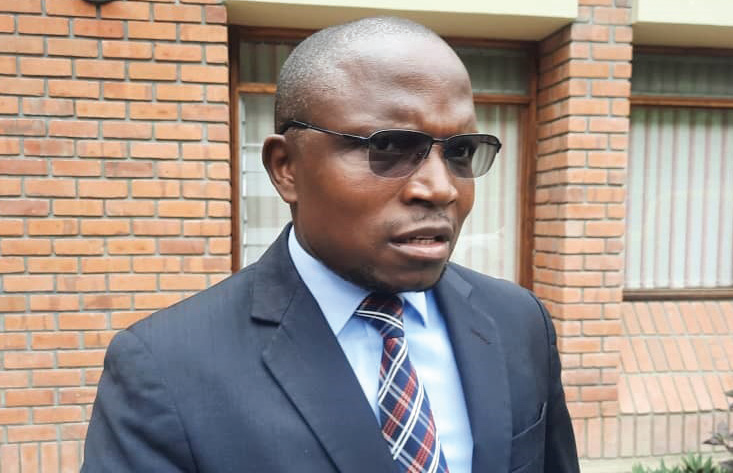MLS weeps for Malawians
Malawi Law Society (MLS) has bemoaned lack of principled politicians, strained economy and decayed infrastructure, saying this is demoralising citizens.
The lawyers’ body also believes the fight against corruption is half-hearted, arguing this has reduced Malawians’ aspirations to a mere myth.

MLS president Patrick Mpaka confirmed yesterday they have put these issues, among others, in a concept note for discussion at the upcoming annual general meeting (AGM) scheduled for March 24 to 26 this year in Mangochi.
But Minister of Information Moses Kunkuyu, who is also the official government spokesperson, said yesterday Malawi needs patriots and not only principled politicians.
He said: “Politicians are first Malawians before they become politicians. We need an overhaul of our mindset as a citizenry. We have seen some Malawians who upon becoming teachers, they sell grades for sex.
“We have some Malawians who became policemen and raped women and aided thievery. We have seen Malawians, who upon becoming bosses, sleep with women to promote them.”
Leader of Opposition in the National Assembly Kondwani Nankhumwa said it does not need a rocket scientist to see that Malawi is fast becoming a failed State because of its leadership.
He urged President Lazarus Chakwera to take charge of the ship.

In the concept note for the AGM themed: ‘Beyond rhetoric and impunity: Law, Governance and Economic Transformation’, MLS agrees with an Afro barometer survey conducted in 2021, which revealed that 83.5 percent of Malawians think the country is going in the wrong direction.
Reads the MLS note in part: “To safeguard the people’s will, the authority to exercise power of State was made contingent with sustained trust of the people of Malawi and that trust to be maintained only through open, accountable and transparent government and informed democratic choices.
“There is also an injunction to all institutions and persons to observe and uphold the Constitution and the rule of law and no institution or person to perch above the law.”
The MLS concept note explains that the conference intends to open a discussion on the transition of acts of one government to another, including legal processes and long-term development goals.
“There is an ever-widening degree between campaign promises and the lack or slow delivery of such promises. In fact, all political parties have failed to play a meaningful role in spearheading fundamental and sustainable democratic and structural transformation.
“Once in power they have perpetuated clientelist behaviour and forged settlements with the political elite to the effect that those well connected to the political establishment have benefited at the expense of national development with impunity,” it reads.
MLS further said vested interests within elite circles weigh heavier on the scales since they always want to ensure that their interests are served.
“Corruption and abuse of office remains a persistent scourge. Despite professed commitment to curbing corruption by successive government since the democratic transition of 1993-94, this scourge remains endemi c in Malawi,” the lawyers argue.
The MLS conference, according to the note, would critically examine the balance of power among the three arms of government and the aspirations of the people of Malawi for an open, democratic and accountable government.
The Society also wonders whether the country’s laws are adequate to actualise Malawi’s aspirations as a people.
“Law cannot be understood without regard for the realities of social life. The view is that the law emerges from social norms. Thus, law should not be floating above society. As such, the living laws which are the lived realities of the people, should give birth to the laws in the statute books.
“There is a problem wh e n t h e r e i s a disconnection between the law in the statute books and the lived realities of the people… thus, legislation such as the Constitution, the P u b l i c Finance M a n a g e m e n t Ac t , P u b l i c Au d i t Ac t , Public Procurement and Disposal of Assets Act should resonate well with the lived realities of Malawians and their aspirations,” the note observes.





